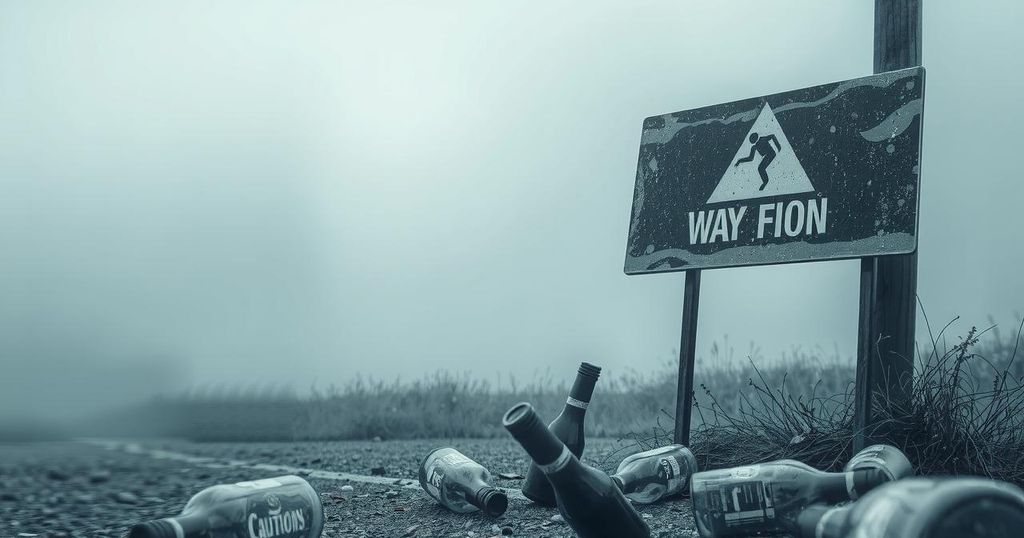Demand Grows for Travel Ban on Laos After Suspected Methanol Poisoning Incident

Simone White’s mother and friend are demanding the UK government to list Laos on its travel no-go list following White’s death due to suspected methanol poisoning. They argue for greater awareness of methanol risks and for the investigation into the incident, where 11 suspects were released without charges, to be pursued more vigorously. Efforts are being made to develop testing strips for travelers to detect contamination in alcoholic beverages.
The mother of a woman who died due to suspected methanol poisoning, along with other victims in Laos, is advocating for the UK government to place the country on its no-travel list. Simone White, a 28-year-old attorney from London, was one of six individuals who fell seriously ill in Vang Vieng, a well-known destination for backpackers, after consuming what is believed to be tainted alcohol at the Nana Backpacker Hostel.
Reports indicate that Simone was accompanied by her friend, Bethany Clarke, who has since recovered from her hospitalization. Together with Ms. White’s mother, Sue White, they are raising awareness about the dangers of methanol poisoning and pushing for the Foreign Office to issue travel warnings against Laos. Bethany stated, “The UK should impose a ban on trips to Laos. The Lao authorities are failing to be honest and transparent about what’s happened.”
If a travel warning against Laos were to be issued, it could invalidate the majority of travel insurance policies, making the country less accessible to British tourists. The plea for action follows the troubling revelation that authorities did not take action against 11 individuals arrested in connection with the poisoning incident.
Bethany expressed her frustration about a lack of communication regarding the detainees, who were reportedly released without charges. She noted, “We were given no updates at all. The Danish father that I spoke to said his understanding was the Lao government are very reluctant to pursue the investigation.” It was also disclosed that the tainted alcohol originated from the hostel rather than a distillery.
Thavone Siharaj, a deputy at the Lao Embassy in London, asserted that the government had initiated investigations to uncover the cause of the fatalities. The hostel staff were released due to insufficient evidence, yet they are required to cooperate with inquiries. In contrast, the Foreign, Commonwealth and Development Office confirmed their support for Ms. White’s family, stating, “We are in contact with the local authorities.”
Junior Foreign Office Minister Hamish Falconer stated, “The risks of methanol poisoning are included in our travel advice pages… including information about the risks from methanol poisoning or counterfeit alcohol in… Laos.” He emphasized the importance of local knowledge and monitoring trends when updating travel advisories.
Sue White is appealing for political support from figures like Laura Trott, emphasizing the need for justice. Methanol poisoning poses a significant risk in popular travel destinations, as the substance lacks distinct taste or smell, making it difficult for individuals to detect contamination in beverages. In light of this, both Bethany and Sue are advocating for funding to develop testing strips for travelers to screen for methanol in drinks, as no universal detection method currently exists.
The tragic case of Simone White and her fellow victims of suspected methanol poisoning in Laos highlights the urgent need for heightened awareness and precautionary measures regarding the consumption of alcohol while traveling. The call for the UK government to impose travel restrictions on Laos underscores concerns about the transparency of local authorities in dealing with such incidents. The growing advocacy for testing measures may provide potential travelers with tools to detect methanol, thus ensuring their safety and well-being abroad.
Original Source: www.inkl.com







